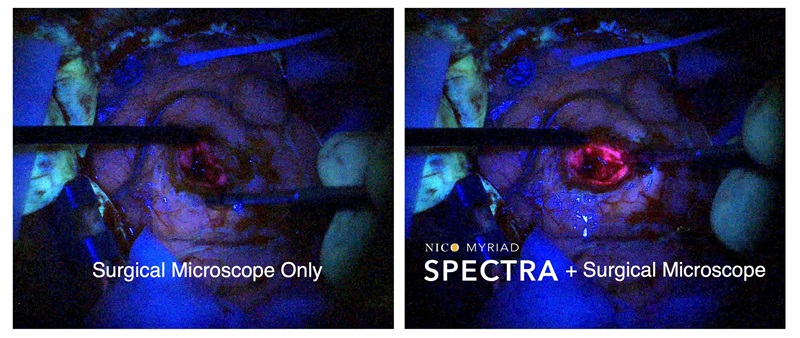Recovery Program Improves Colorectal Surgery Results
By HospiMedica International staff writers
Posted on 18 Feb 2015
A multidisciplinary approach to colorectal surgery shortens hospital stays, limits complications, and lowers costs, according to a new study.Posted on 18 Feb 2015
Researchers at the University of Virginia Health System (Charlottesville, USA) implemented an enhanced recovery (ER) protocol for all patients undergoing elective colorectal surgery. The protocol was based on preoperative counseling with active patient participation, carbohydrate loading, multimodal analgesia with avoidance of intravenous (IV) opioids, intraoperative goal-directed fluid resuscitation, and immediate postoperative feeding and ambulation. Discharge requirements remained identical throughout.
To examine the effectiveness of the ER protocol, the researchers conducted a study that compared outcomes among 109 consecutive patients who underwent colorectal surgery under the ER care plan (08/2013 – 2/2014), and 98 patients who received standard care (08/2012 – 02/2013). Risk stratification was performed to calculate the predicted length of stay (LOS) for each patient, based on 23 variables.
The results showed up to two day reduction in LOS, lower use of morphine equivalents and IV fluids, faster return of bowel function, and decreased complication rates of 17%. Patient satisfaction with respect to pain control increased by 55% and per-patient costs were lower by a little more than USD 7,000, which resulted in more than USD 700,000 in total cost savings. The study was published early online on January 28, 2015, in the Journal of the American College of Surgeons.
“The key to our success is that we brought everyone who cares for these patients together, including anesthesiologists, nursing staff, pharmacists, and nutritionists, and we coordinated every detail of their care,” said study co-author Traci Hedrick, MD, an associate professor of surgery at UVHS. “I think in five years this will be the standard way that we manage patients, because the results are so dramatic. It provides higher quality at lower cost, which is the ultimate goal.”
Related Links:
University of Virginia Health System












.jpg)

